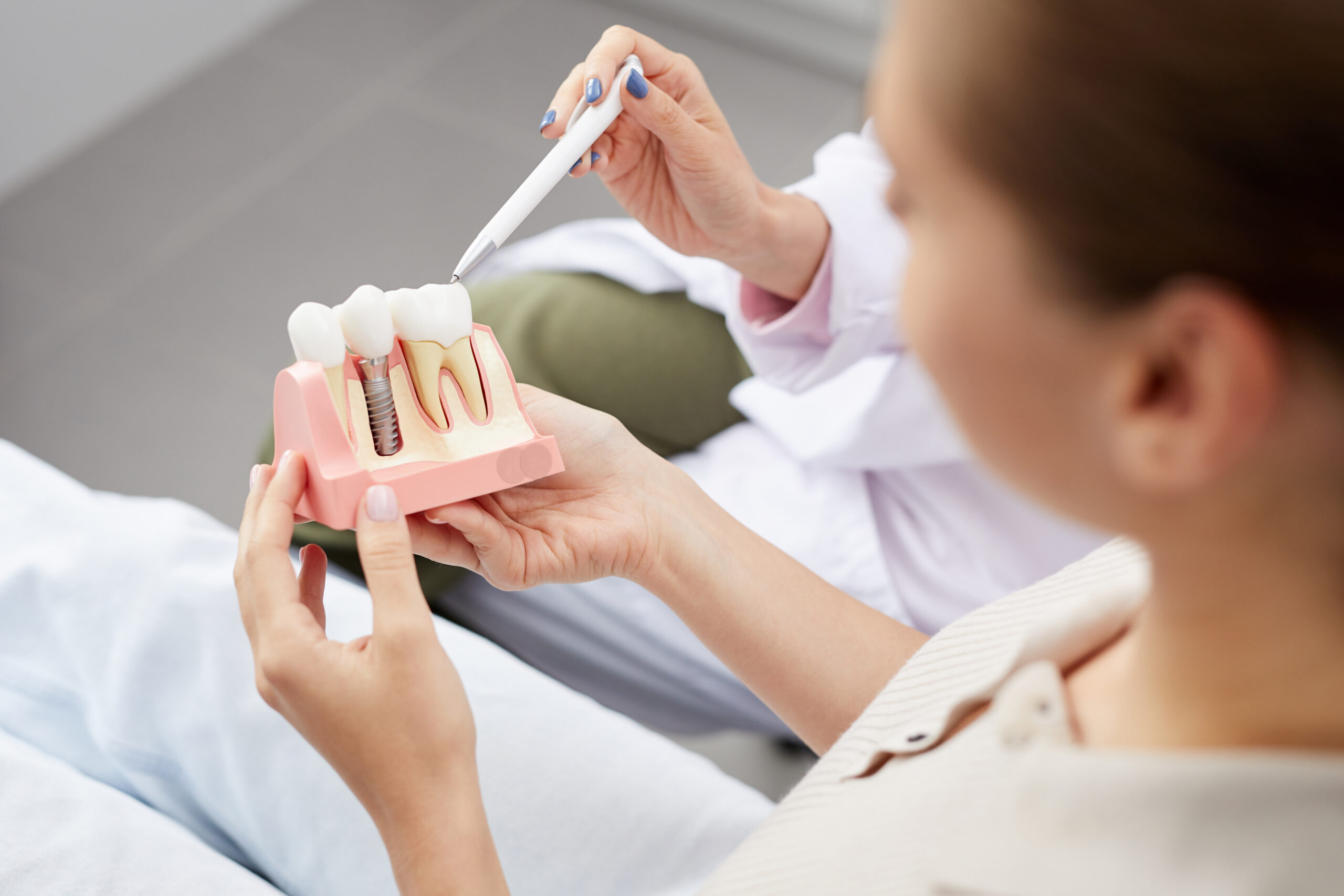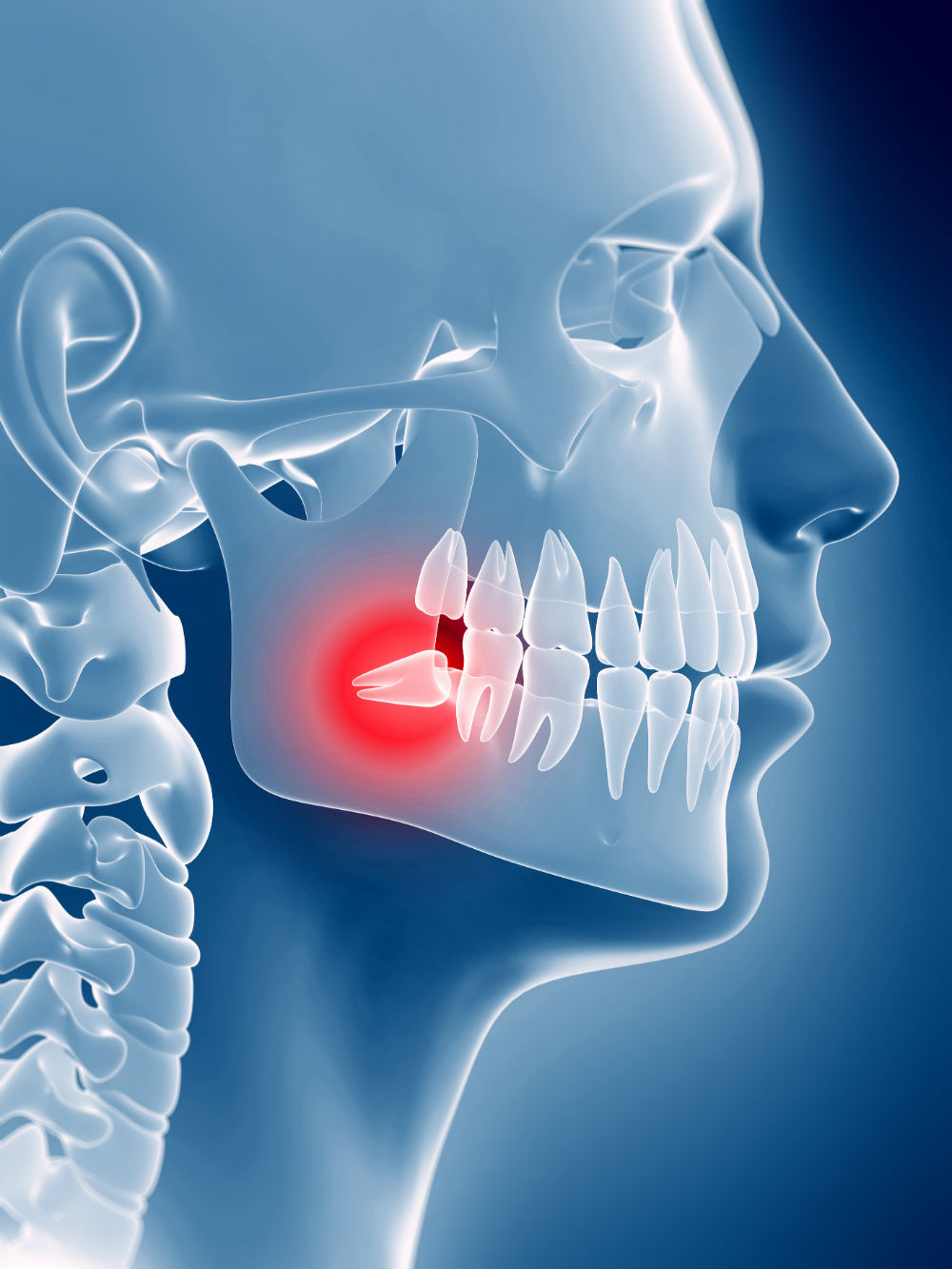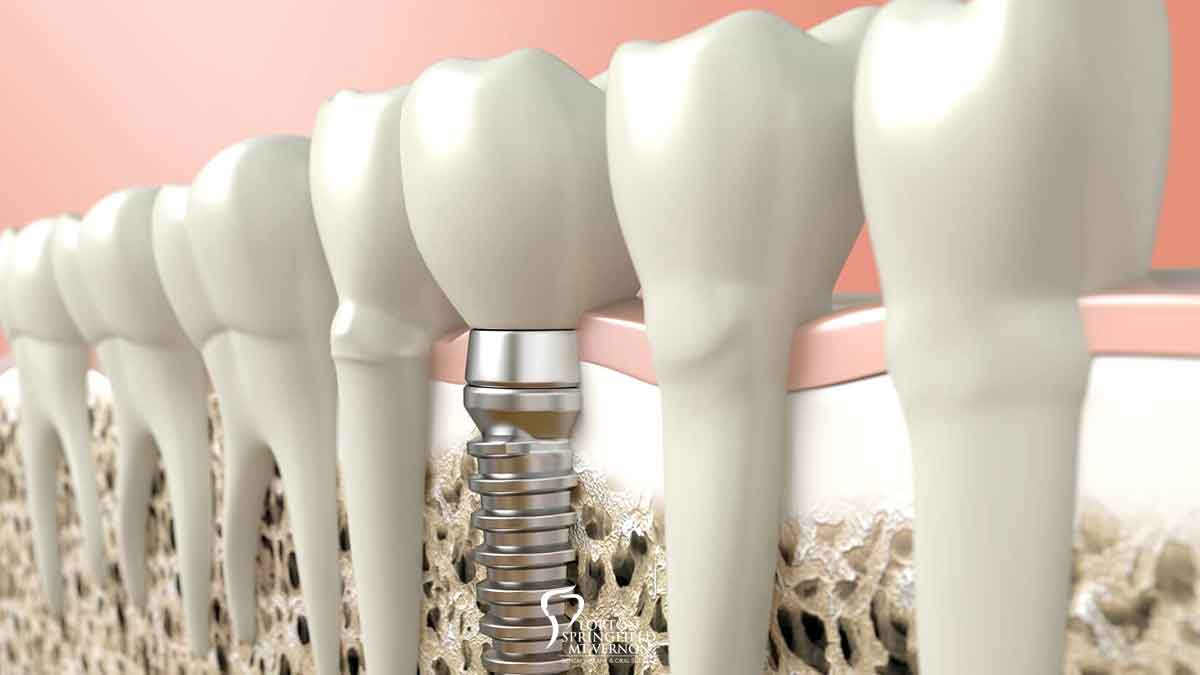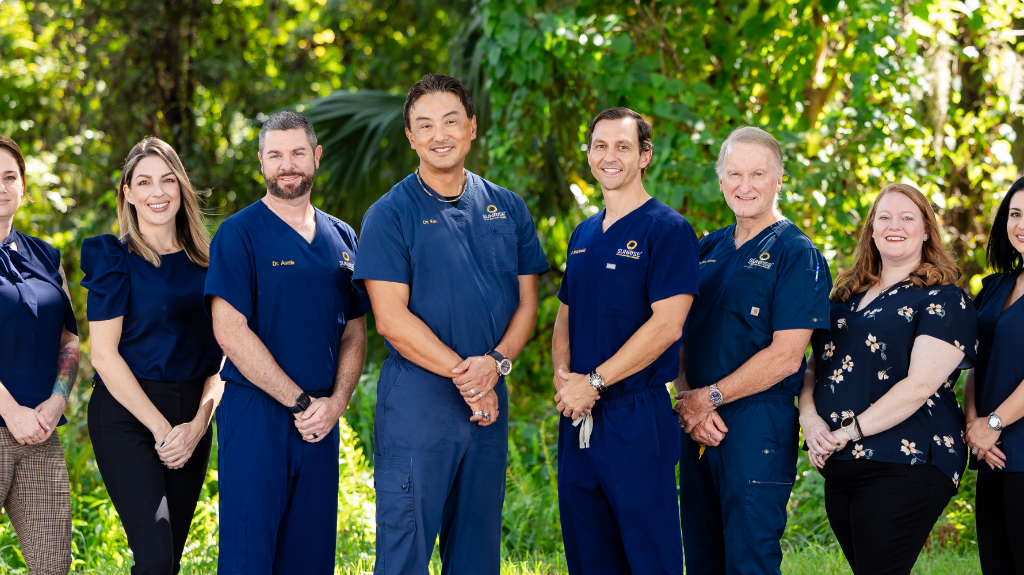This Article Has Been Medically Approved By


Dental implants are a popular way to replace one or more missing teeth. They can even be used to replace all your teeth, and most individuals choose implants because they look, feel, and function just like natural teeth. Not to mention, they have a 90 to 95 percent success rate. However, dental implants only last about 10 to 15 years before they need to be replaced. Thankfully, there are some ways you can tell if you need a new dental implant from our orthodontists in Suntree and Melbourne.
How To Tell If You Need to Replace Dental Implants
Implant failure can occur during the initial stages after the procedure or many years later. To reduce your risk of experiencing complications and implant failure, it’s imperative that all pre and post-care surgical instructions are followed. This often means eating a special diet that consists of soft foods for the first several weeks after your implant has been inserted.
Signs an Implant Has Failed
- Redness, Pus, or Pain
- Dental Implant Feels Loose
- Difficulty Chewing Food
- Crown Appears Cracked or Worn
- Signs of Gum Inflammation or Recession Around the Implant
Dental Implant Failure After a Few Months
If a dental implant fails after only a few months, it can be due to poor jaw bone density, an autoimmune condition, infections, or poor blood circulation to the surgical site. If a dental implant fails within three to four months, it’s important to accurately diagnose the cause. If the cause is due to poor bone density, then bone grafts may be able to correct the situation so that you can receive another dental implant.
Dental implant overloading is caused by placing the post and the crown on the same day or within a few days. This is known as immediate loading, and it’s gaining in popularity due to the decreased recovery time and need for fewer post-surgical follow-ups. Unfortunately, the immediate loading process can lead to a dental implant failure due to excessive forces placed on the implant or a lack of bone density in the area of the implant.
Dental Implant Failure After Many Years
In some cases, an individual may have no problems with their implant for many years, but changes in the mouth, injuries to the mouth, and wear and tear on the implant can lead to its failure and the need to receive a replacement implant. The most common reason for a dental implant failure is lack of proper oral hygiene that leads to gum disease in the tissue surrounding the implant. Gum disease, especially advanced periodontal disease, can cause the gum tissue to recede and a loss of jaw bone density. If the bacteria that has colonized around the implant proves difficult to treat, the implant may need to be removed so that the tissue can heal. Then, a new implant would have to be inserted after the gum and bone tissue is healthy.
In some instances, the dental implant may fail due to excessive forces, like teeth grinding and excessive chewing. This can cause the crown to crack or the implant to become loose in the jaw. If this occurs, the underlying cause of the implant failure will need to be identified and corrected. Then, a new implant has to be inserted into the jaw.
Getting New Dental Implants with Our Oral Surgeons in Brevard County
If you’ve noticed that your existing dental implant has become loose or damaged or doesn’t feel right in your mouth, it’s imperative that you schedule an appointment with our oral surgeons in Brevard County to have your implant and the surrounding gum and bone tissue examined so that the conditions affecting your implant can be corrected. If it is determined that you need a new dental implant, our oral surgeon may be able to replace it.
To schedule an appointment with Dr. Schmid, Dr. Kim, or Dr. Kossak in Suntree, call us at 321-255-7724. To schedule an appointment at our Melbourne, FL location, call us at 321-725-5377.



